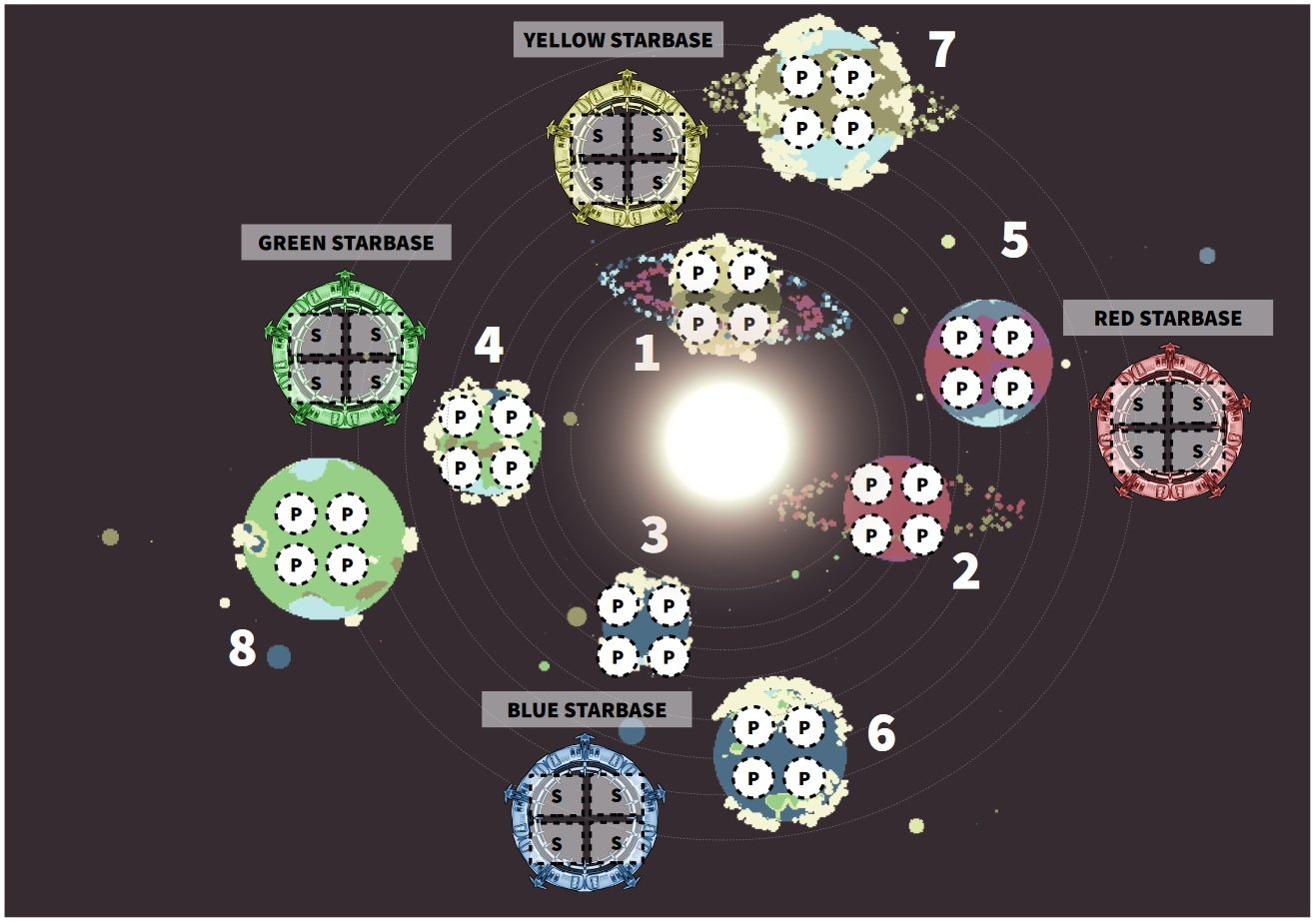
Focus on Board Game Design: MGGJ 2017 boardgame featured in SEEDS


A boardgame developed during the 2017 Malta Global Game Jam by IDG member Antonios Liapis was featured in the latest issue of SEEDS! The game is called "Alien Transmission", and it is a four player co-operative game of survival against the board. The game comes with a twist: one player can see the upcoming threat and transmit information to other players using abstract symbols. While the game features a number of resources (e.g. population, spaceship, fortification and alien infiltration tokens) that must be managed by players' actions, which action each player must take requires the foresight and communication skills of one team member.
Game Mechanics are Key: Procedural Content Generation in Games
Board game design distills the game mechanics and game development aspects into the key fundamentals. And the key mechanics of Alien Transmission revolve around one player's advance knowledge of the threat and their efforts to warn some or all players. In every turn, one player reads the next threat card and must choose which player(s) and which message to transmit to them in order to take the right actions to counter it (if possible). The message itself is where procedural content generation comes in: messages consist of one or more symbols with no meaning ascribed beforehand. A pool of 12 symbols is generated in black and white by the computer at the beginning of each game.
You can read more about the game, along with rules and print-and-play resources here. You can also read the SEEDS article which argues for new uses of procedural content generation in board games here.
Linking Tabletop to the Screen: Board Game Design Lab at FDG
Dr Antonios Liapis, together with Cameron Browne organised the 1st workshop on Tabletop Games at FDG 2018 in Malmo, Sweden. Aiming to bring together a broad range of research interest in tabletop games from the functional aspects of board game play (abstracted for artificial intelligence play) to anthropological studies of role-playing or historical studies of proceduralism on the tabletop. The workshop will be run again at the next FDG and you can see more information on submitting research on the Tabletop Game Workshop website.

